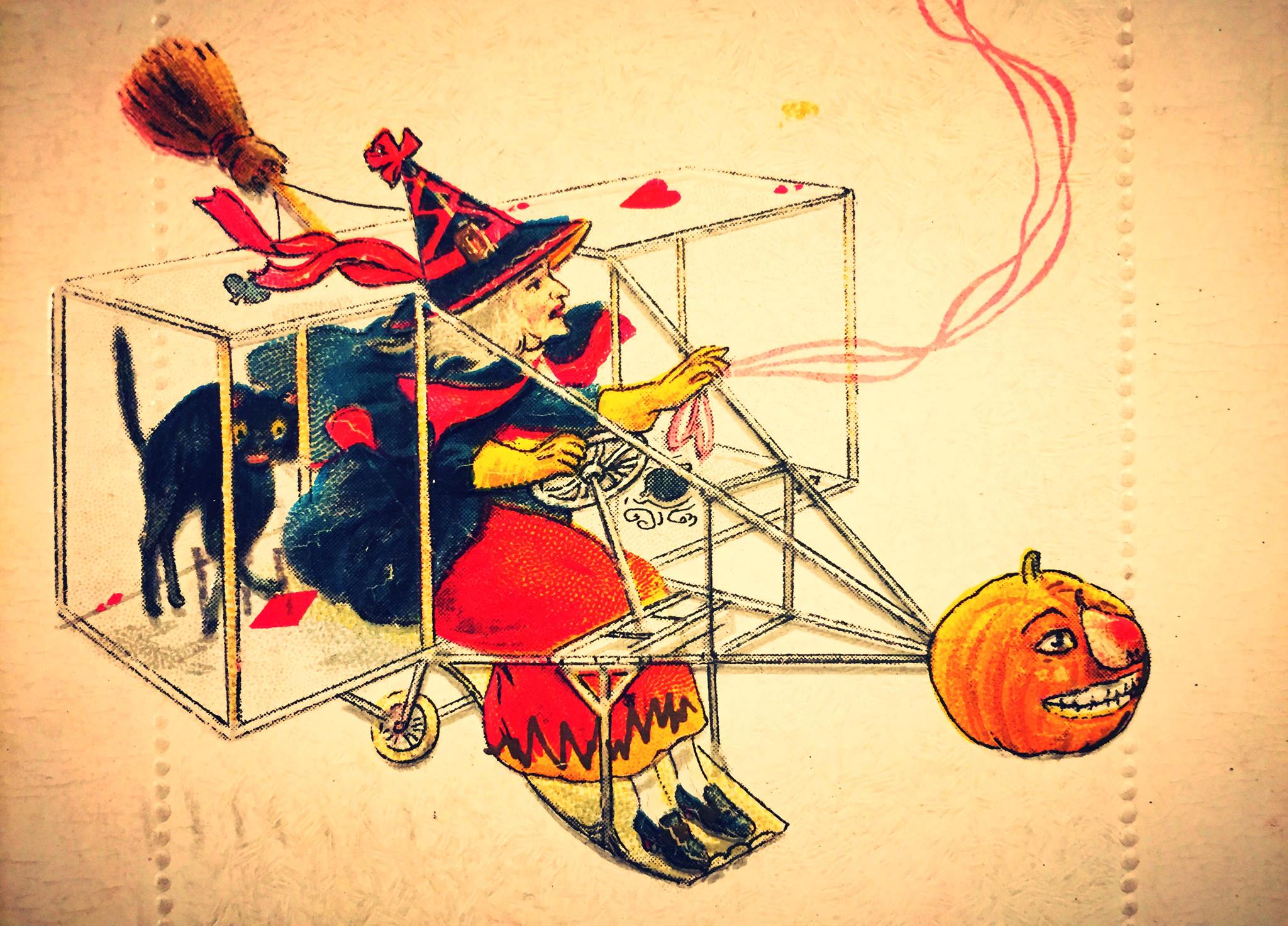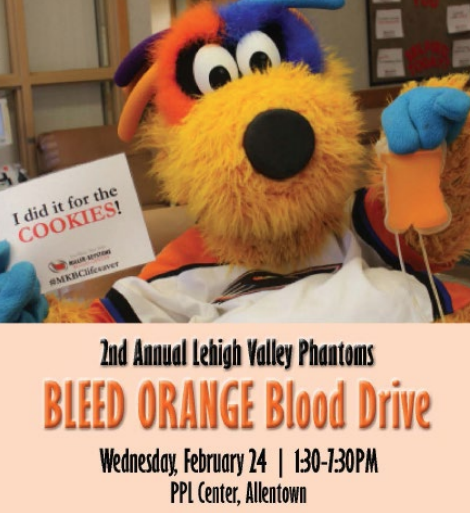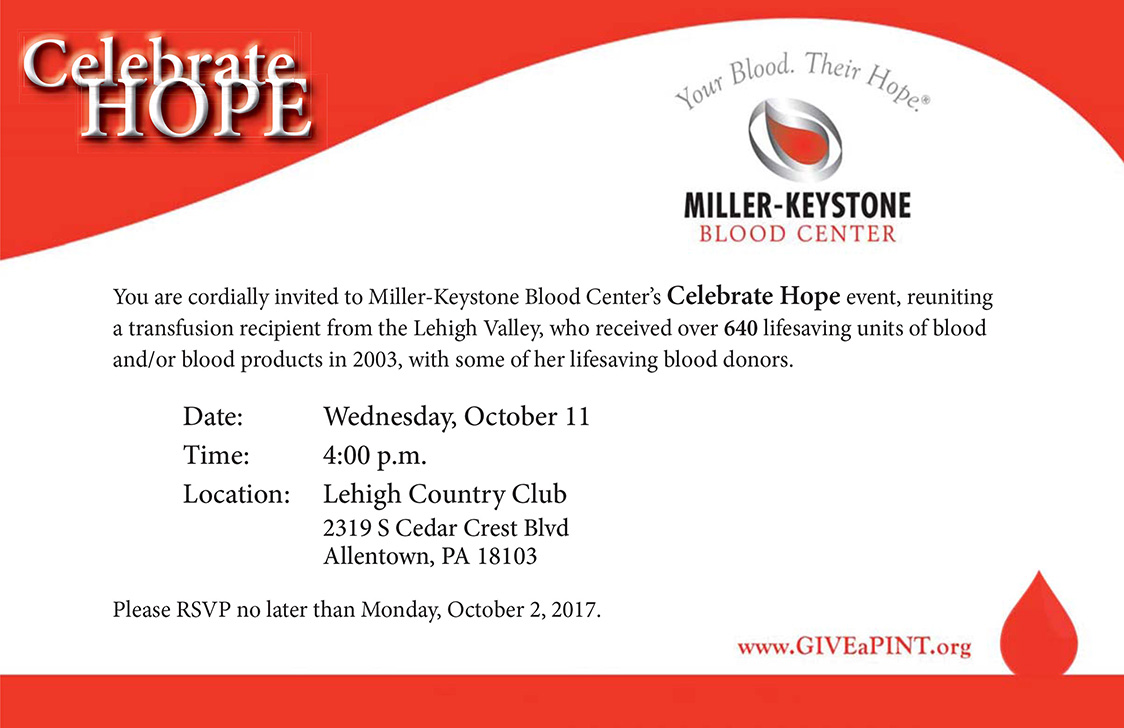 With Halloween just around the corner, a popular sight is an image of a bat as a spooky creature. However, bats are vital to our ecosystem. One of the things bats do best is manage the insect, mosquito and crop pest population. In just one hour, a bat can eat nearly 1,200 insects. This is a major reason it is crucial to sustain the bat population, particularly in Pennsylvania.
With Halloween just around the corner, a popular sight is an image of a bat as a spooky creature. However, bats are vital to our ecosystem. One of the things bats do best is manage the insect, mosquito and crop pest population. In just one hour, a bat can eat nearly 1,200 insects. This is a major reason it is crucial to sustain the bat population, particularly in Pennsylvania.
On Sunday just after the popular Boo at the Zoo Halloween-inspired trick-or-treat event, Lehigh Valley Zoo General Curator Richard Rosevear introduced Lehigh Valley Zoo Animal Care team member and authorized bat rehabilitator Steph Stronsick for a presentation on bats culminating with the release of a bat she had saved.
“In Pennsylvania, the bat population has been devastated by White-Nose Syndrome, which afflicts bats during hibernation,” said Rosevear. “Several bat species, including the formerly common little brown bat, are being considered for endangered species status because of the population decline.”
This special event allowed Lehigh Valley Zoo guests to get up close to bats and to learn more about how important bats are to their experience in the home, at work and at play. In Pennsylvania, the most common bat is known as the Big Brown Bat (Eptesicus fuscus). These bats, which fly at dusk, have a dark brown fur cover while their face and ears and black. Big Brown Bats have habitats in both the city and country and live in areas such as attics, barns, sheds and behind doors and shutters.
If you find an injured or stranded bat do not touch it. Contact a wildlife rehabilitator or Lehigh Valley Zoo, who will deploy Stronsick to ensure this bat can get back to catching those insect pests.
Guests can visit Lehigh Valley Zoo every day from 10:00 a.m. to 3:00 p.m. during our off-peak season from November 1 through February 28. General Admission tickets are available for $8.00 during this time of year. Lehigh Valley Zoo is located at 5150 Game Preserve Road, P.O. Box 519, Schnecksville, PA 18078.





Leave A Comment